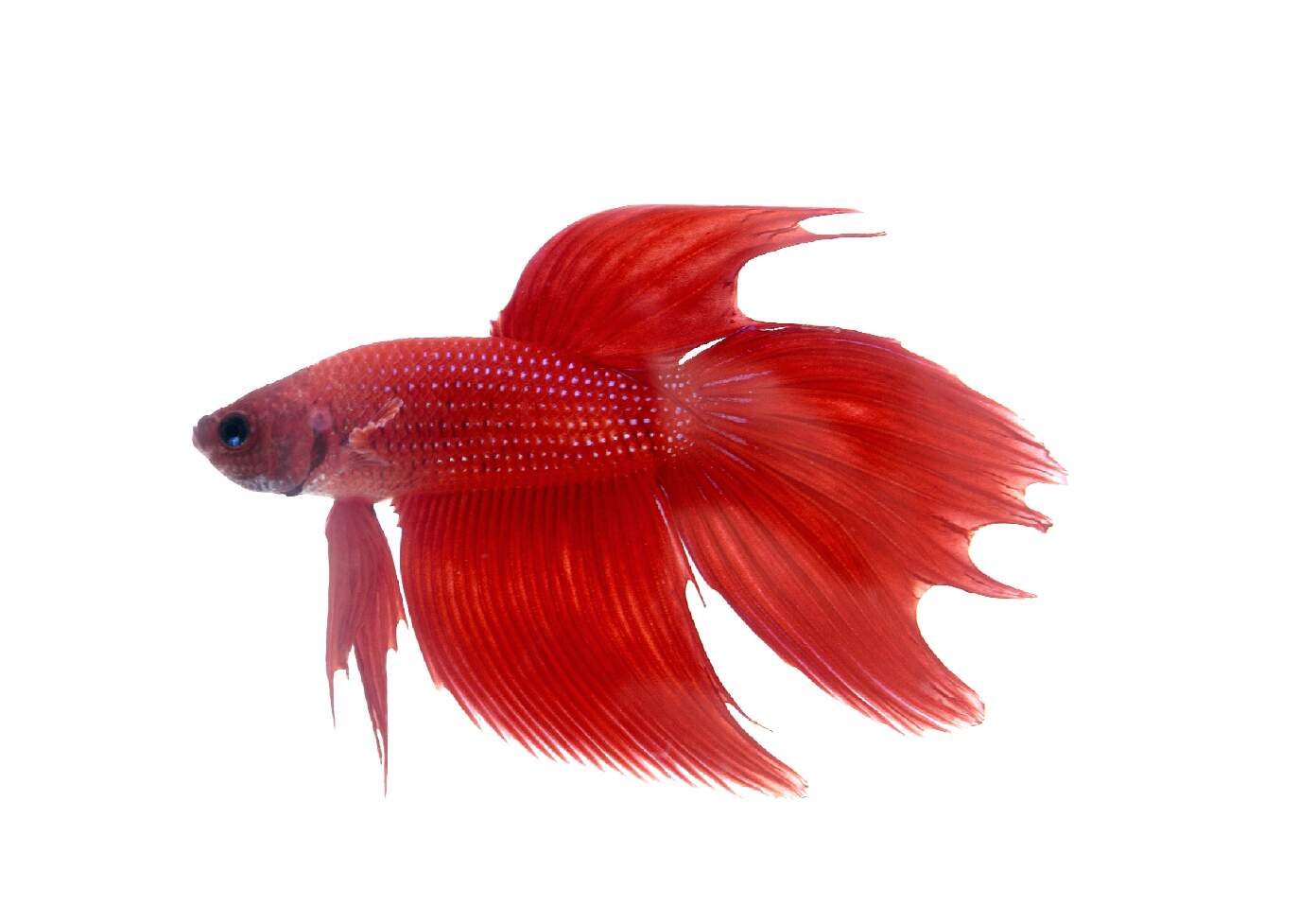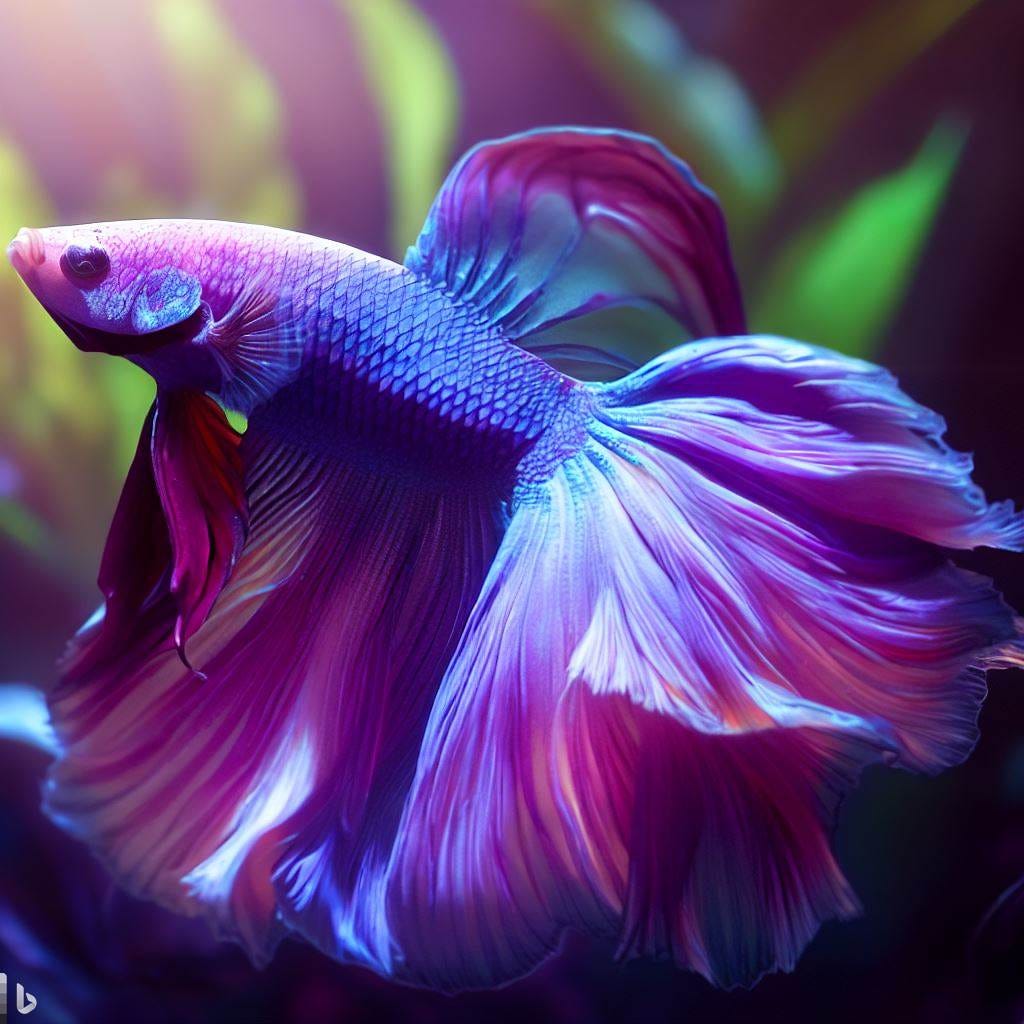The Ultimate Betta Fish Care Overview for New Pet Dog Owners
The Ultimate Betta Fish Care Overview for New Pet Dog Owners
Blog Article
The Ultimate Overview to Betta Fish Treatment: Crucial Tips for Keeping a Healthy and Flourishing Fish Tank Setting
Effective Betta fish care demands an extensive understanding of their unique environmental and physiological demands. Developing an ideal fish tank starts with choosing the right tank size and making sure optimum water conditions, which are crucial for the wellness and well-being of your Betta. Recognizing correct feeding practices and creating a helpful environment can considerably impact your fish's vigor and actions. As you consider these fundamental elements, it comes to be clear that maintaining a growing aquarium atmosphere calls for interest to detail and recurring commitment. What particular strategies will you execute to boost your Betta's lifestyle?
Picking the Right Container
Selecting the appropriate container for your Betta fish is important to guaranteeing its health and wellness and health. Bettas prosper in settings that resemble their all-natural environments, which normally include tranquility, cozy waters. A tank dimension of at the very least 5 gallons is advised to give ample swimming room, as smaller storage tanks can result in anxiety and wellness issues for these lively fish.
When choosing a storage tank, consider the storage tank's form and purification system. A rectangle-shaped storage tank is more suitable to a dish, as it supplies more area for oxygen exchange. Furthermore, a reliable purification system is necessary to keep water high quality and minimize the regularity of water changes (betta fish). Nonetheless, it is necessary to choose a filter with a gentle circulation, as Bettas are not strong swimmers and might battle versus solid currents.
Temperature level regulation is an additional crucial aspect; Bettas choose water temperature levels in between 76 ° F and 82 ° F. Buying a good heating system will certainly ensure that the water stays within this range, promoting a healthy and balanced and energetic lifestyle for your Betta. Last but not least, providing ideal container designs and hiding spots will aid minimize anxiety and encourage all-natural behaviors, better enhancing your Betta's wellness.
Keeping Water Quality
Keeping optimal water quality is important for the health and durability of Betta fish. This needs routine surveillance of different parameters, consisting of temperature level, pH, ammonia, nitrite, and nitrate degrees.
The pH degree ought to preferably drop between 6.5 and 7.5. Routine testing utilizing a trustworthy water screening kit can aid ensure these criteria continue to be within the proper varieties. Ammonia and nitrite degrees must always go to 0 ppm, as also low focus can be toxic to Betta fish. Nitrate degrees need to be maintained under 20 ppm to stop long-term wellness problems.
Normal water adjustments are important to keeping water top quality. It is suggested to change 25-50% of the container water weekly, depending upon the tank size and stocking levels. Making use of a high-quality water conditioner can aid remove harmful chemicals from tap water, making certain a secure atmosphere. In addition, integrating a robust purification system can help in maintaining water quality and high quality, supplying a healthier habitat for your Betta fish.
Suitable Feeding Practices
Offering a balanced diet plan is important for the health and lively coloration of Betta fish, as their nutritional needs play a substantial function in their total well-being. Betta fish are meat-eating by nature, requiring a diet plan high in protein. A combination of top notch pellets, icy or live foods such as bloodworms, salt water shrimp, and daphnia can provide the necessary nutrients they need.
Feed your Betta fish 2 to 3 times a day, using just what they can eat within 2 to 3 minutes to prevent overfeeding and preserve water top quality. Overfeeding can result in weight problems and health problems, including swim bladder illness. It is necessary to check their nutritional consumption and adjust part dimensions accordingly.
In addition to healthy protein, a well balanced diet ought to include minerals and vitamins to promote ideal wellness. Consider supplementing their diet plan with high-quality flakes or pellets particularly created for Betta fish, as these often include necessary ingredients.

Developing an Appropriate Habitat

Water top quality is extremely important; maintain a temperature in between 76 ° F and 82 ° F, and make certain the pH level ranges from 6 - betta fish.5 to 7.5. Normal water adjustments of 25-50% each week will certainly assist maintain contaminants at bay and ensure a secure environment
Including plants and hiding areas is important, as Betta fish are naturally territorial and delight in having locations to explore and pull away. Live or silk plants, in basics addition to caverns and ornaments, can create a stimulating environment.

Regular Health Checkups
Carrying out regular wellness examinations is vital for making certain the wellness of Betta fish, as very early discovery of prospective problems can prevent major health issue. These checkups must encompass an extensive assessment of the fish's physical condition, behavior, and ecological elements.
Begin by observing the Betta fish for any type of signs of distress, such as sleepiness, loss of hunger, or uncommon swimming patterns. In addition, examine the fins and body for signs of staining, sores, or fin rot, which can indicate infections or parasites. Regularly keeping an eye on the water top quality in the aquarium is equally crucial; specifications such as pH, ammonia, nitrite, and nitrate levels must be kept within ideal arrays to prevent stress and anxiety and illness.
Additionally, take into consideration keeping a log of health observations and water high quality examinations. This document can promote the recognition of patterns or repeating problems. If any kind of problems are spotted during the checkup, it is necessary to consult a veterinarian experienced in aquatic animals. Timely intervention can make a considerable difference in the healing of your Betta fish, guaranteeing a lengthy and healthy and balanced life in a properly maintained fish tank environment.
Final Thought
In final thought, successful Betta fish care rests on developing and preserving an optimal aquarium setting. Key factors consist of picking a suitably sized tank, making certain constant water quality, go to my blog adhering to optimal feeding techniques, and creating a habitat that lessens stress and anxiety. Routine health and wellness appointments Continue are vital for early detection of prospective issues. By complying with these standards, aquarists can promote the health and vibrancy of Betta fish, eventually causing a growing aquatic ecological community.
Report this page